Recently, scientists at the University of South Australia (UNSA) proposed an innovative solution to improve the effectiveness of cannabidiol (CBD) in the treatment of epilepsy, multiple sclerosis and other neurodegenerative diseases.
Lead researcher Prof. Sanjay Garg said the breakthrough, which was published in the International Journal of Molecular Sciences, means that patients can get more consistent and effective treatment with lower doses of oral CBD drugs.Cannabidiol (CBD) is a non-psychoactive compound in the cannabis plant. It is widely used for its analgesic, anti-inflammatory and neuroprotective properties, but its clinical application has been limited by its poor water solubility and absorption in the human body.
By developing a phospholipid complex (a class of lipids containing phosphorus), researchers at the University of South Australia increased the solubility of cannabidiol by up to six times and improved its absorption in the gastrointestinal tract.
Currently, only a small fraction of orally ingested CBD makes it into the bloodstream, which limits its therapeutic effect. For a detailed systematic introduction to cannabidiol delivery and transmission, see: “Essence: Whether the Chinese cannabidiol industry is open to pharmaceuticals, or cosmetics, this CBD delivery and key data is a must-read!
“As a result, a number of different formulations have been explored, including synthetic CBD, self-emulsifying delivery systems, and encapsulation of CBD in gelatin matrix particles, but all of these approaches have resulted in only minor improvements in bioavailability,” Professor Garg said.
His research team determined the optimal phospholipid composition for forming nanosized CBD-PLC particles. Compared to pure CBD, the phospholipid complexes significantly enhanced drug release by increasing the dissolution rate from 0% to 67.1% in three hours.
In cellular uptake studies, CBD-PLC showed 32.7% higher penetration than unmodified CBD, ensuring more drug absorption through the intestinal wall.
Another key advantage of this new delivery system is its stability. Traditional CBD formulations degrade over time when exposed to heat, light or oxygen, reducing potency and shelf life. However, 12-month testing has shown that CBD-PLC maintains its performance under varying storage conditions, making it a more reliable option for pharmaceutical applications.
Thabata Muta, the study's first author and a PhD student at the University of South Australia, said the findings have important implications for the future of CBD-based therapeutics. “Increased bioavailability means that a lower dose can achieve the same therapeutic effect, potentially reducing side effects and making treatment more cost-effective,” Muta said.
The team believes that this innovation could be applied not only to CBD, but could also provide a blueprint for improving the absorption of other poorly water-soluble drugs. The team is currently exploring commercialization and clinical trial opportunities to validate their new formulation.


 English
English français
français Deutsch
Deutsch русский
русский italiano
italiano español
español português
português Nederlands
Nederlands 日本語
日本語 한국의
한국의






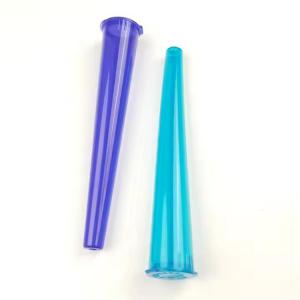
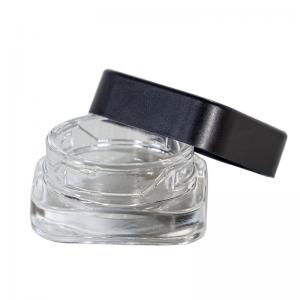
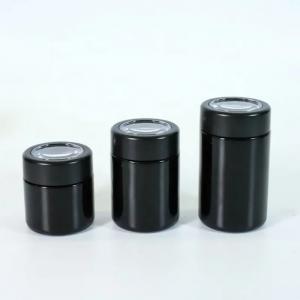
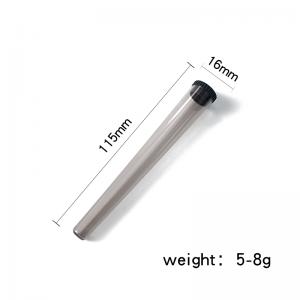
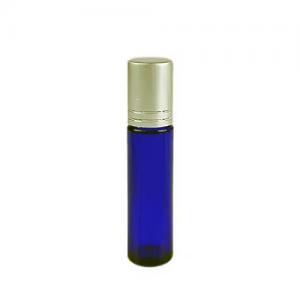
 2025-04-03
2025-04-03
 Online service
Online service


